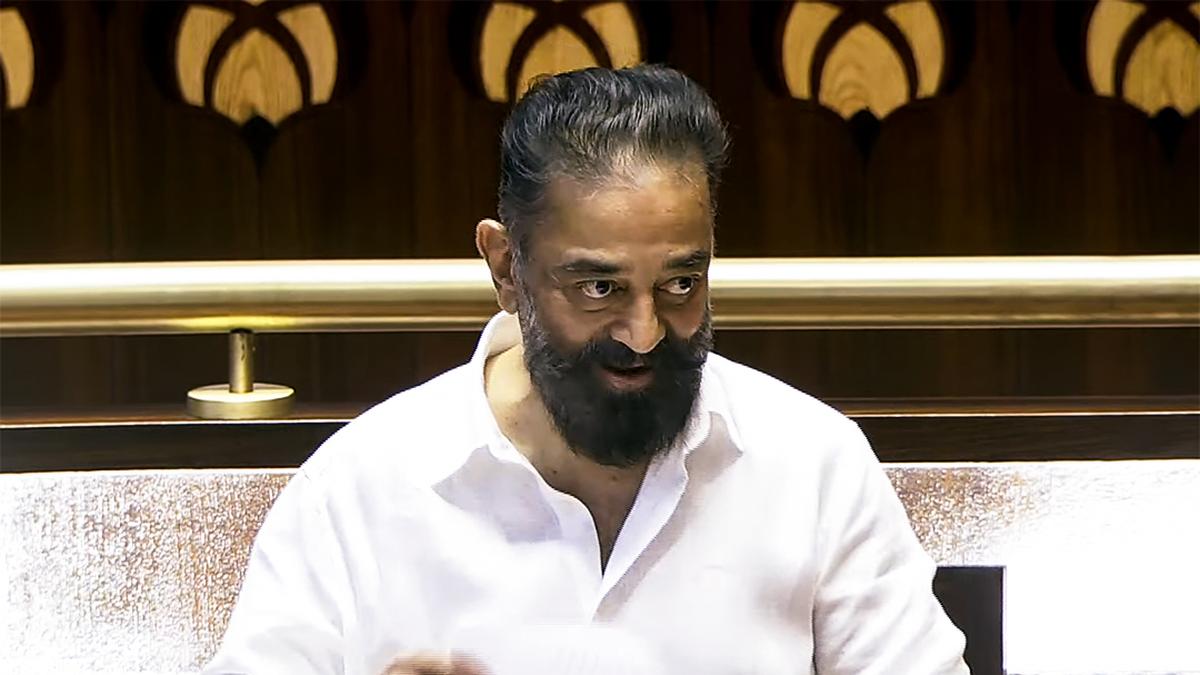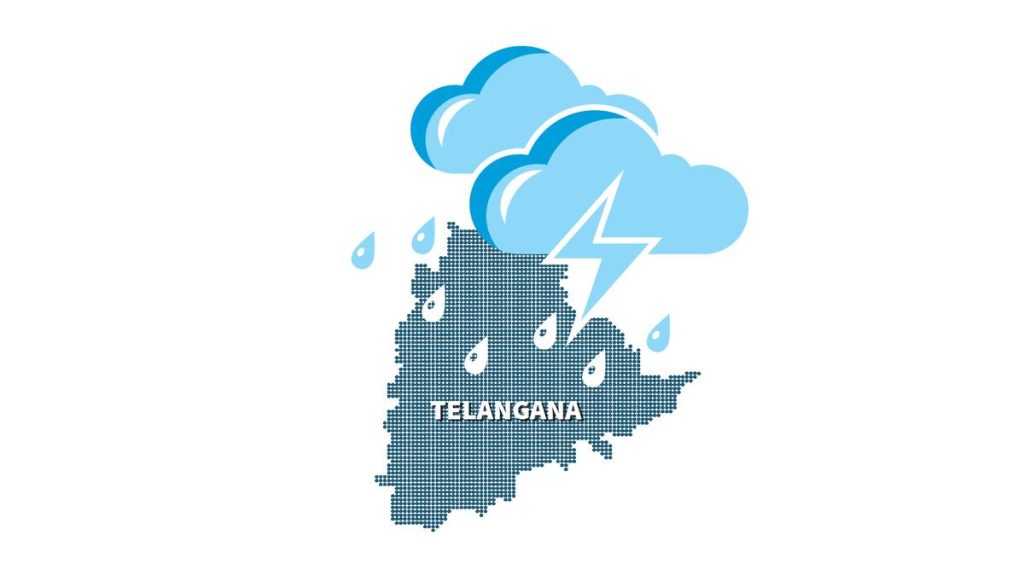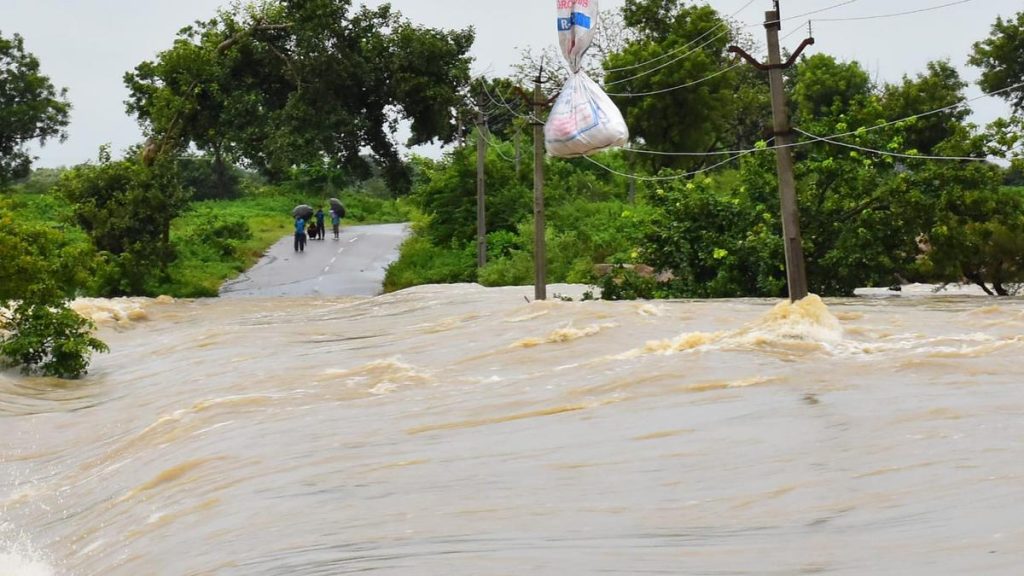Now Reading: Kamal Haasan Advocates Self-Reliance Amid Trump’s 50% Tariff
-
01
Kamal Haasan Advocates Self-Reliance Amid Trump’s 50% Tariff
Kamal Haasan Advocates Self-Reliance Amid Trump’s 50% Tariff

Quick Summary
- Rajya Sabha MP and Makkal Needhi Maiam founder Kamal Haasan on August 27, 2025, addressed the U.S.’s 50% tariffs on Indian exports.
- in a letter posted online,he described the tariffs as political tools aimed at challenging India’s resolve rather than trade-related actions.
- he emphasized self-reliance (atmanirbharta) as strategic insurance for India and called for national unity in response to evolving geopolitical pressures.
- Haasan criticized comparative leniency toward China in U.S. tariff measures while targeting India heavily despite its democratic stature and economic contributions globally.
- Expressing solidarity with various export sectors-textiles, shrimp farming, gems & jewelry-he urged relief measures including moratoriums on MSME loans, expanded credit facilities for exporters, refund clearance of GST dues, power tariff concessions & liberalized import norms.
- He proposed strategic long-term goals such as positioning India in future-critical supply chains (semiconductors, rare earths) to fortify against external threats like tariffs over time.
Indian Opinion Analysis
The call to emphasize atmanirbharta by Kamal haasan underscores the growing geopolitical challenges faced by India amid its bid to emerge as an economic powerhouse within a contested global order marked by trade barriers from developed economies such as the U.S. The concrete solutions recommended-including urgent relief-focused interventions alongside transformative sector-specific industrial investments-reflect two layers of strategy: immediate damage control coupled with sustained self-reliance efforts that could reshape India’s position within global supply chains.
Haasan’s observations about unequal treatment toward Indian exporters versus China’s indicate diplomatic complexities that policymakers must navigate carefully while balancing external partnerships and domestic priorities without compromising stakeholders like MSMEs hit hardest by such tariffs. His remarks highlight how ensuring resilience against external shocks could strengthen India’s independence globally while preserving foundational industries critical to employment generation.
Read more at: The hindu























